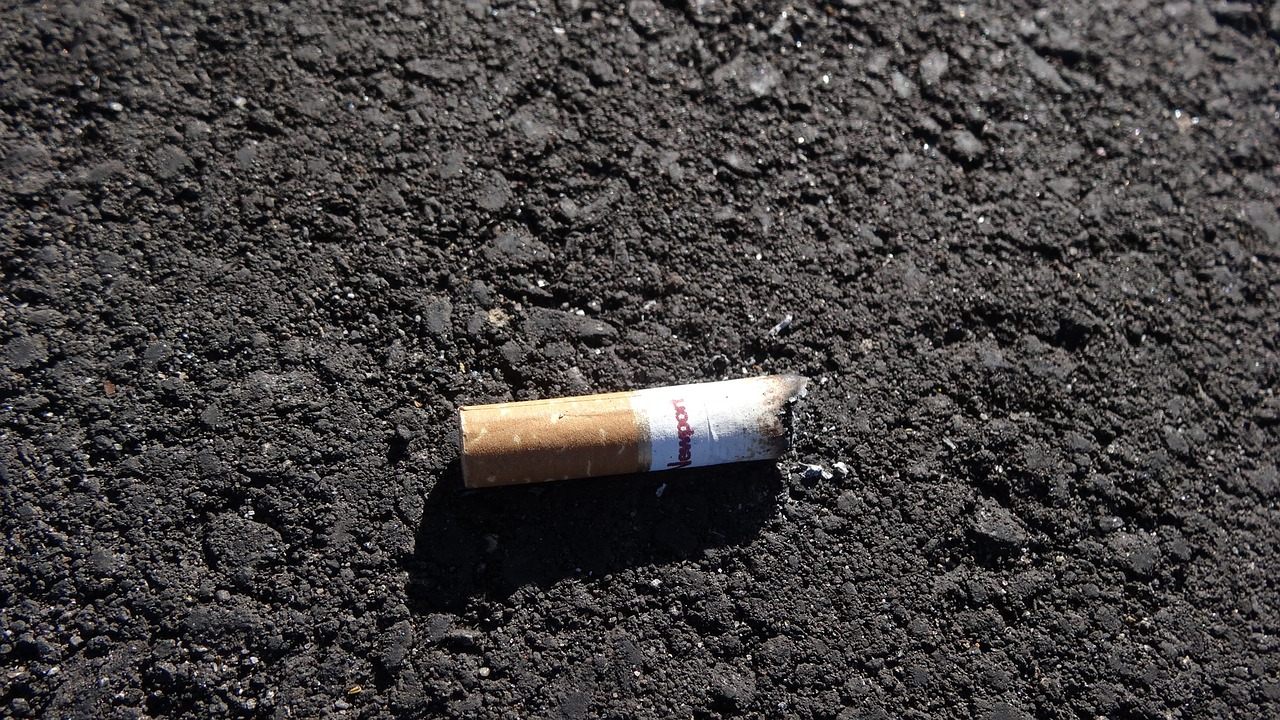Adding Cigarette Butts to Asphalt Can Improve Roads
It also prevents their noxious chemicals from leaching into waterways.

Cigarette butts are one of the most common forms of litter, with an estimated 1.3 million tons of them produced every year. Just like the rest of a cigarette, butts contain plenty of toxic chemicals that leach into waterways, threatening fish and other aquatic organisms. Disposing of them in landfills doesn’t eliminate this problem, and the plastic filters aren’t biodegradable. Now researchers in Australia have found a new way to contain the chemicals from cigarette butts—while also improving roads at the same time.
In the study, cigarette butts were coated in paraffin wax and bitumen, a gooey, black oil-based substance, and added to asphalt mixtures. The researchers, at RMIT University in Melbourne, then applied pressure to simulate use as a road surface. Depending on the density of cigarette butts in the sample and the quality of bitumen used, the new material was able to withstand a range of conditions, from light to heavy traffic. The material also had lower thermal conductivity than traditional blacktop, which could weaken the urban heat island effect if city roads were paved with it.
“This research shows that you can create a new construction material while ridding the environment of a huge waste problem,” said lead researcher Abbas Mohajerani, in a press release. It’s hard to say when or if cigarette butts will be a common ingredient in asphalt mixtures, but it doesn’t seem like the supply of them will dwindle any time soon—cigarette production is expected to grow by 50 percent by 2025 (thanks to population growth).


















Follow us on Twitter to get the latest on the world's hidden wonders.
Like us on Facebook to get the latest on the world's hidden wonders.
Follow us on Twitter Like us on Facebook